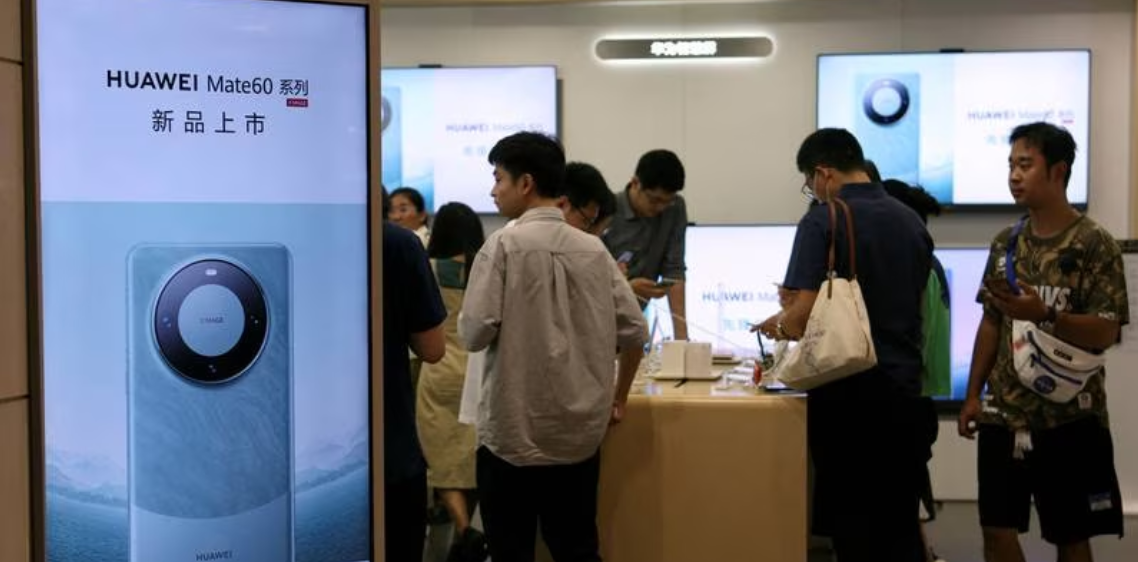The largest overseas market and worldwide production hub for a tech company is China.
As China prepares to extend its ban on the use of iPhones to state-owned businesses and organizations with the support of the government, Apple shares dropped by roughly 3% on Thursday, wiping out $190 billion in market value in only two days.
The Cupertino, California-based company’s shares experienced their worst two-day decline in a month, falling 6.4%.
The largest component of the main US market indices is Apple, which has contributed to a wider sell-off that was partly spurred by a long list of problems in China.
The second-largest economy in the world has been in decline due to a lengthy real estate market crisis, which is endangering the demand for anything from commodities to consumer goods.
On Wednesday, it was revealed that employees of central government agencies had been instructed not to use their iPhones while at work or to bring them into the workplace.
The next day, it was revealed that Beijing intended to extend the ban on the use of iPhones in sensitive sections of state-owned businesses and government-backed agencies, a sign of mounting difficulties for Apple in its biggest foreign market and base of operations worldwide.
Beijing also plans to apply that limitation far more extensively to a large number of state-owned companies and other government-controlled organizations, according to people with knowledge of the situation.
Apple’s problems are made worse by rising US Treasury yields as bonds decline due to concerns that the US Federal Reserve would need to intensify its fight against inflation given how strong the US economy is.
The news is having a significant impact on the markets, and investors are dumping everything from semiconductors to US-listed Chinese equities to mega-cap technologies.
As one poor Apple ruins a number of mega-cap tech firms, the Nasdaq is falling, according to Edward Moya, senior market analyst at Oanda.
Apple’s development story is highly dependent on China, and if the crackdown in Beijing worsens, that might be problematic for the many other mega-cap tech businesses that also depend on China.
The timing of the proposed ban, according to Bank of America analyst Wamsi Mohan, is “interesting” given the recent release of Huawei Technologies’ premium 5G smartphone.
With Huawei’s Mate 60 Pro being powered by 7nm chips from Semiconductor Manufacturing International, the new device’s disassembly reveals that Beijing appears to be making early strides in a national push to sidestep US efforts to curb its rise.
If Beijing implements a ban, several additional US technology businesses that rely on Chinese sales and production may be impacted by the unprecedented blockade.
On Thursday, Apple suppliers traded lower on all continents as numerous sources corroborated China’s most recent moves.
The impact of a “iPhone ban is way overblown,” in the opinion of bullish analysts like Daniel Ives of Wedbush Securities, because it would only apply to fewer than 500,000 of the 45 million iPhones he projects will be sold in the nation during the following 12 months.
“Despite the loud noise, Apple has seen massive share gains in the China smartphone market,” Mr. Ives, who has an overweight rating on the stock
According to Amit Daryanani of Evercore ISI, Apple is unlikely to experience a major financial effect as a result of China’s restrictions.
Since most iPhones are made in the country, where most government officials work, it would be difficult for the country to take more serious action against Apple without impacting jobs there.

